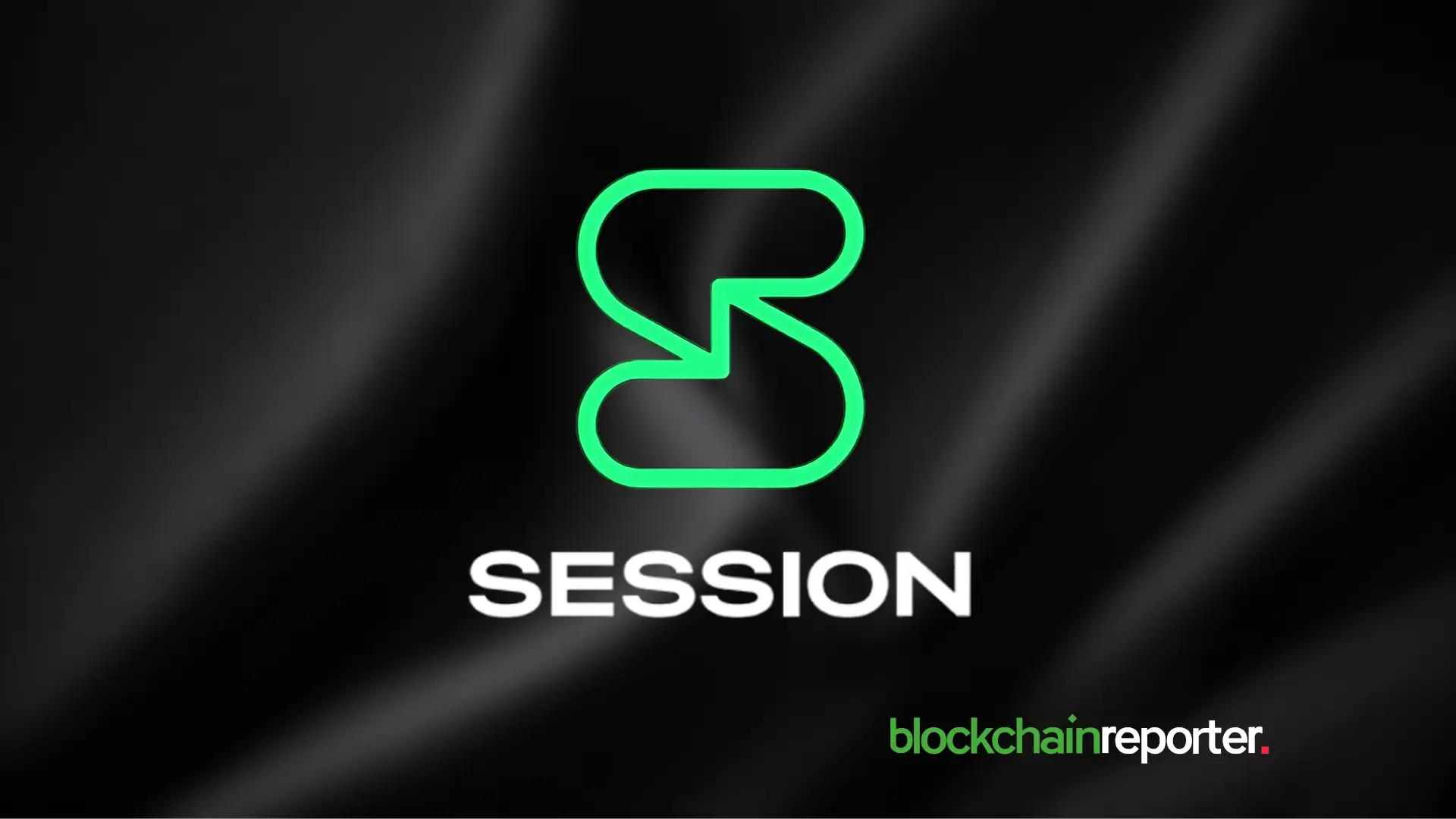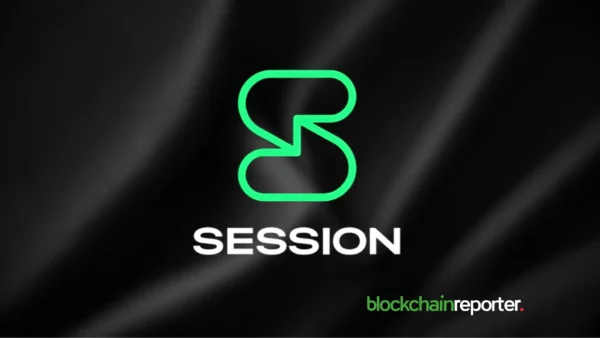
- 1. Q1. Can you briefly introduce yourself and your role at the Session Technology Foundation for readers who may not know Session’s history?
- 2. Q2. When you first heard about the leaked memo and the renewed push for “Chat Control,” what was your immediate reaction?
- 3. Q3. How do you assess the EU’s current push and the reports of political pressure among member states to move from voluntary scanning to mandatory client-side scanning?
- 4. Q4. The leaked memo has been described by critics as “political blackmail.” From your perspective, what does that term capture about the legislative process and its implications for digital rights?
- 5. Q5. How likely do you think it is that the October vote will adopt a version that forces client-side scanning? What signals are you watching from policymakers?
- 6. Q6. For non-technical readers: what exactly is client-side scanning (CSS), and how does it differ from traditional server-side content moderation?
- 7. Q7. Could CSS be implemented in a way that preserves the same security guarantees we rely on today? Why or why not?
- 8. Q8. How concerned are you about false positives from on-device scanning, and what are the real-world consequences if innocent users get flagged?
- 9. Q9. Session recently moved its stewardship to Switzerland. How does that decision relate to rising regulatory pressures like Chat Control?
- 10. Q10. If an EU mandate requires all apps available in the bloc to comply, how feasible is it for projects to legally or technically avoid enforcement (for example, by blocking services in the EU)?
- 11. Q11. What is Session’s official stance on Chat Control and client-side scanning, and how do you plan to communicate and advocate that position?
- 12. Q12. Over the next 12–24 months, what are Session’s top priorities in advocacy, engineering, and user protection?
Q1. Can you briefly introduce yourself and your role at the Session Technology Foundation for readers who may not know Session’s history?
I am Alex Linton, the President of the Session Technology Foundation. I have been working full-time on the Session project for the last 7 years, and prior to this I was working as a journalist.
Session is a decentralized, end-to-end encrypted messaging app designed to provide a safe and secure place for people to communicate online. Session was created to give people a way to communicate online without handing their personal information, such as phone numbers, face scans, or messaging metadata, over to centralized organizations.
Session is currently securing the messages of over 1,000,000 active users.
Q2. When you first heard about the leaked memo and the renewed push for “Chat Control,” what was your immediate reaction?
Unfortunately, it was inevitable that Chat Control would be reintroduced. Governors and policymakers around the world, including some in the European Union, are infatuated with the idea of message scanning. However, no matter how many times such policies are proposed, it is important for defenders of privacy to vigorously oppose any policy which undermines end-to-end encryption.
The message from the experts and the people is clear: end-to-end encryption must remain intact. Mandating mass-scanning of communications undermines encryption. Doing so will put people’s privacy and safety at risk.
Q3. How do you assess the EU’s current push and the reports of political pressure among member states to move from voluntary scanning to mandatory client-side scanning?
It is difficult to assess the political intentions of those within the European Union advocating for client-side scanning. However, the simple reality of mandatory scanning is that it will undermine encryption and put people’s security and safety at greater risk.
Encryption and privacy are undervalued as harm prevention tools. Dismissing these in favour of scanning may have a chilling effect on people’s human rights. [Citation]
Q4. The leaked memo has been described by critics as “political blackmail.” From your perspective, what does that term capture about the legislative process and its implications for digital rights?
Any effort to leverage our political systems to gain disproportionate or non-representative power is inherently non-democratic.
It is unsurprising to see this non-democratic behaviour connected to an effort to introduce laws which are widely criticized as infringing on human rights and democratic values.
Q5. How likely do you think it is that the October vote will adopt a version that forces client-side scanning? What signals are you watching from policymakers?
Although the numbers may appear to point towards Chat Control passing, it is important to note there are many member states who remain undecided.
Public dissent, industry pushback, and (for those in undecided countries) writing to your country’s decisionmakers are critical activities to reject Chat Control once again. It is important to organize and act quickly, because the vote will be held so soon and member states are looking to make their individual decisions in the meantime.
Q6. For non-technical readers: what exactly is client-side scanning (CSS), and how does it differ from traditional server-side content moderation?
Client side scanning broadly refers to systems which scan your messages, images, videos, or other content before they are ever sent.
Client-side scanning in messaging apps is typically used to prevent objectionable content from being shared. However, in order to properly function, client-side scanning systems must bypass encryption, meaning that your conversations can no longer be considered secure and private.
Q7. Could CSS be implemented in a way that preserves the same security guarantees we rely on today? Why or why not?
It is important to acknowledge that it is not currently possible to implement client-side scanning and preserve the same security guarantees as end-to-end encryption.
Besides security weaknesses, human rights activists have also raised concerns about the accuracy of scanning technologies. Client-side scanning systems inevitably create ‘false positives’, potentially implicating innocent individuals and wasting public resources.
Similarly, in places where human rights protections are weaker, client-side scanning capacity could have much broader impact, such as being used to suppress political opposition.
Q8. How concerned are you about false positives from on-device scanning, and what are the real-world consequences if innocent users get flagged?
There are valid concerns that client-side scanning systems would produce a significant amount of false positives. Firstly, this has a significant personal impact for the innocent individuals who are implicated by means of mass surveillance.
Pragmatically, this also brings into question the efficacy of such a system. It is likely that significant public resources would be wasted, thus limiting the ability to prosecute or prevent the cases of abuse which client-side scanning sets out to address.
Q9. Session recently moved its stewardship to Switzerland. How does that decision relate to rising regulatory pressures like Chat Control?
Switzerland’s history of considered and conscientious policymaking made it an attractive place to base the Session Technology Foundation. There is also a strong community of industry experts and regular citizens who are vocal supporters of encryption and privacy, which the STF is pleased to be a part of.
That being said, it is a core part of Session’s model that it is decentralized, and not truly ‘owned’ by anyone — including the Session Technology Foundation. This is a messaging app which is operated by the people, for the people.
Q10. If an EU mandate requires all apps available in the bloc to comply, how feasible is it for projects to legally or technically avoid enforcement (for example, by blocking services in the EU)?
The rollout of the Online Safety Act requirements are demonstrating that this type of policy can be disastrous.
Once citizens are faced with the requirements, there is a large amount of public outrage and dissent. People are turning to VPNs, or just shifting to less trusted, non-compliant platforms.
The enforcement of client-side scanning would likely see many end-to-end encrypted messaging apps withdraw entirely from the EU market. This would leave Europeans without trusted, safe, and secure ways to communicate online.
Q11. What is Session’s official stance on Chat Control and client-side scanning, and how do you plan to communicate and advocate that position?
We remain opposed to mandated client-side scanning as it undermines encryptions and puts human rights at risk.
We will advocate for a holistic approach to tech policymaking which appropriately acknowledges and protects encryption and privacy for the benefits it brings to online safety.
Q12. Over the next 12–24 months, what are Session’s top priorities in advocacy, engineering, and user protection?
We are continuing to work on reliability and accessibility of the application, making it more easily usable for non-technical users. Security and privacy are both individual and social issues — and it is important for privacy-preserving tools to be widespread in order for them to be truly effective.









